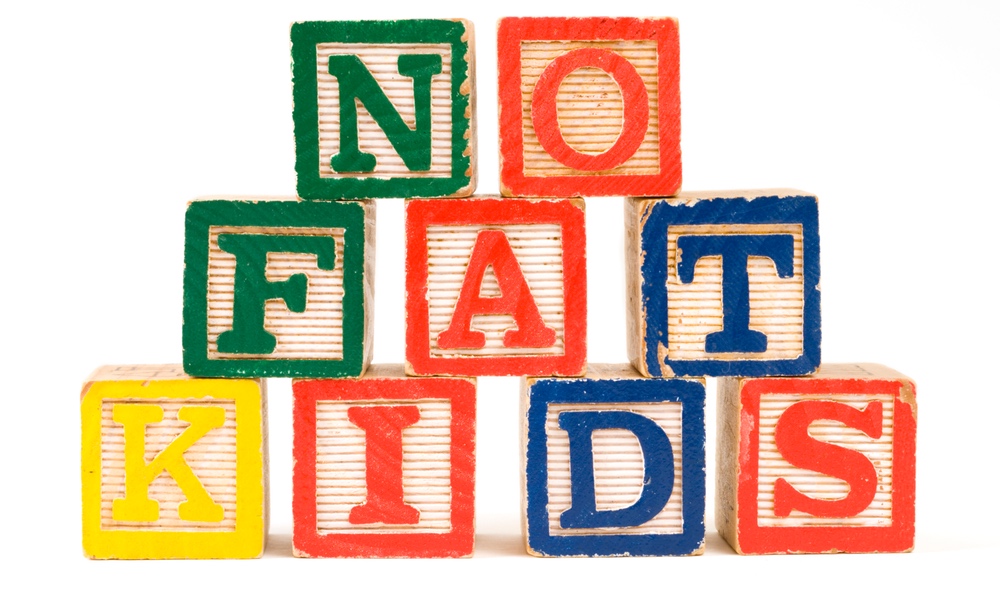As cold and flu season approaches, parents need to ask themselves — How many prescriptions for antibiotics do your children take in a year? A lot of those are probably prescribed unnecessarily, but that’s another story.
Antibiotics may cause weight gain and set children on course for becoming overweight for life. They have a compounding effect on body mass when they are taken repeatedly throughout childhood, according to new research from Johns Hopkins Bloomberg School of Public Health.
Early on, scientists learned that antibiotics helped animals gain weight. Modern farming techniques now include giving animals small amounts of antibiotics to accelerate weight gain, so this finding about what antibiotics can do to children makes sense from a biological perspective.The repeated use of antibiotics can forever alter the way food is broken down in the body and increase the number of calories that are absorbed. The result? Weight gain.
Nearly 30,000 children had been prescribed antibiotics seven or more times during childhood, and by age 15 they weighed about three pounds more than those who had not taken antibiotics. And that is probably an underestimate of antibiotic use, according to study leader Brian S. Schwartz. He believes it's likely that the children didn’t stay with the same health system throughout childhood, so researchers didn’t have access to any antibiotic use outside the system.
“Your BMI may be forever altered by the antibiotics you take as a child,” said Schwartz in a statement. “Our data suggest that every time we give an antibiotic to kids they gain weight faster over time.” He says weight gain attributed to antibiotics may be modest during childhood, but the research findings suggest the effects continue and compound into adulthood.
Weight gain attributed to antibiotics may be due to the effects they have on the microbiota, the community of microorganisms inhabiting our bodies. Bacterial cells in the human body outnumber other cells by a factor of 10, and most of them are present in the digestive tract, where they aid digestion and absorption of nutrients. When antibiotics destroy harmful bacteria, those vital to the health of the digestive tract fall victim, too.
The repeated use of antibiotics can forever alter the way food is broken down in the body and increase the number of calories that are absorbed. The result? Weight gain. Just as concerning is the amount of antibiotics children ingest from the consumption of animal foods.
“From everything we are learning, it is more important than ever for physicians to be the gatekeepers and keep their young patients from getting drugs that not only won't help them but may hurt them in the long run,” Schwartz said.
The study is published in the International Journal of Obesity.





